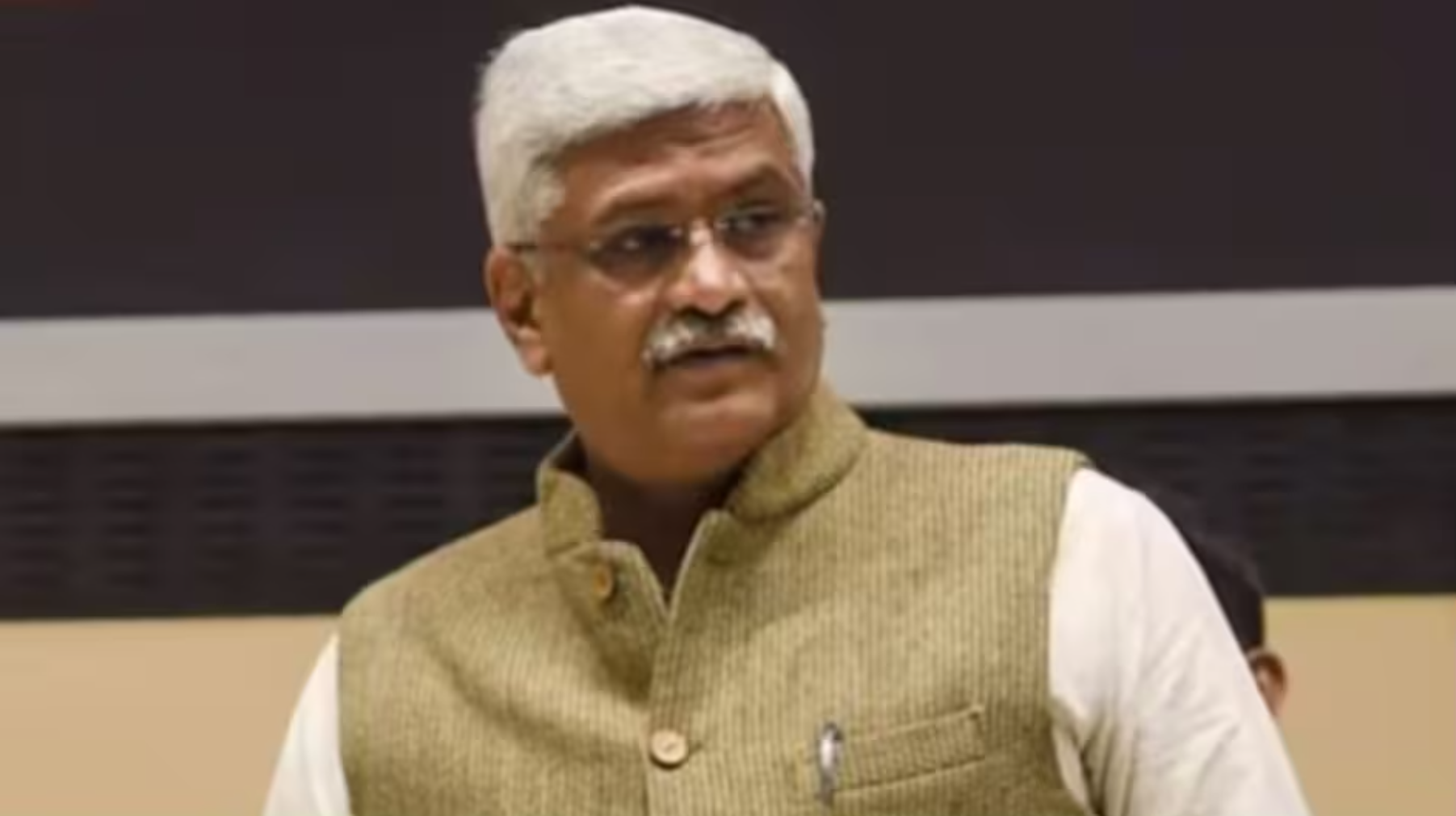In a historic decision, the governments of Haryana and Rajasthan have agreed to jointly prepare a detailed project report (DPR) for the transfer and utilisation of Rajasthan’s share of Yamuna water from Hathnikund barrage in Haryana through underground pipelines. The agreement was signed after a meeting between Union Jal Shakti Minister Gajendra Singh Shekhawat, Haryana Chief Minister Manohar Lal Khattar and Rajasthan Chief Minister Bhajan Lal Sharma on Saturday.
According to the agreement, the state governments will prepare and finalise the DPR for transfer of water through underground pipelines during July-October up to 577 million cubic metres (MCM) for drinking water supply and other requirements for Churu, Sikar, Jhunjhunu and other districts of Rajasthan after utilisation of full capacity (24,000 cusec) of the Western Yamuna Canal by Haryana including Delhi share at Hathnikund under Phase-1 of the project. After construction of three identified storages in Upper Yamuna Basin, namely Renukaji, Lakhwar and Kishau, the corresponding share of Rajasthan at Hathnikund during the rest of the period shall be conveyed through the same system for drinking water and irrigation purpose to the extent possible.
Shekhawat said that the resolution of this long-standing issue would pave the way for the implementation of projects crucial for meeting the drinking water needs of Rajasthan, particularly Churu, Sikar and Jhunjhunu districts. He said that this was a strong step in the direction of solving the issue that was stuck for over two decades since the signing of the MoU on May 12, 1994, allocating water shares among co-basin states. He said that this consensus was achieved under the guidance of Prime Minister Narendra Modi.
Sharma said that this was a long-pending project that was not given attention earlier. He said that this project would solve the problem of drinking water in the districts of Rajasthan. Khattar said that both the states would cooperate in the preparation and finalisation of the DPR within a period of four months.
The agreement was signed in the presence of officials from the Central Water Commission and the Upper Yamuna River Board.



